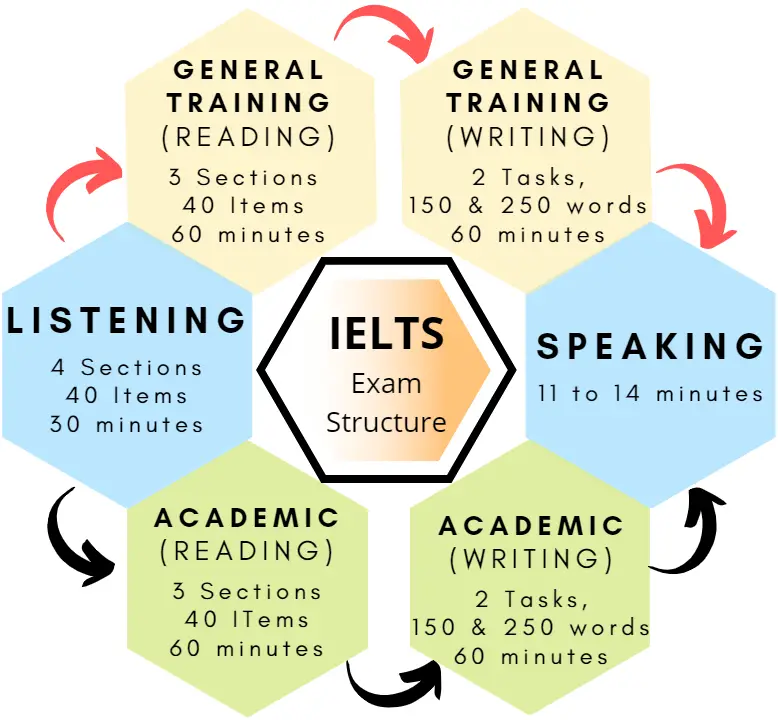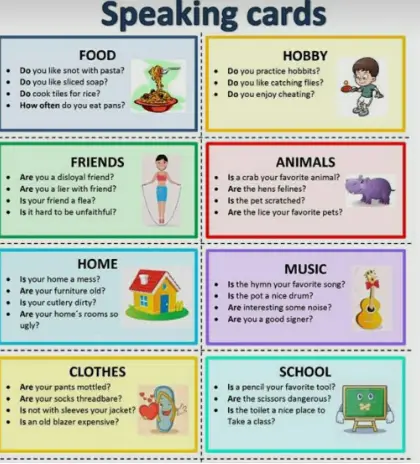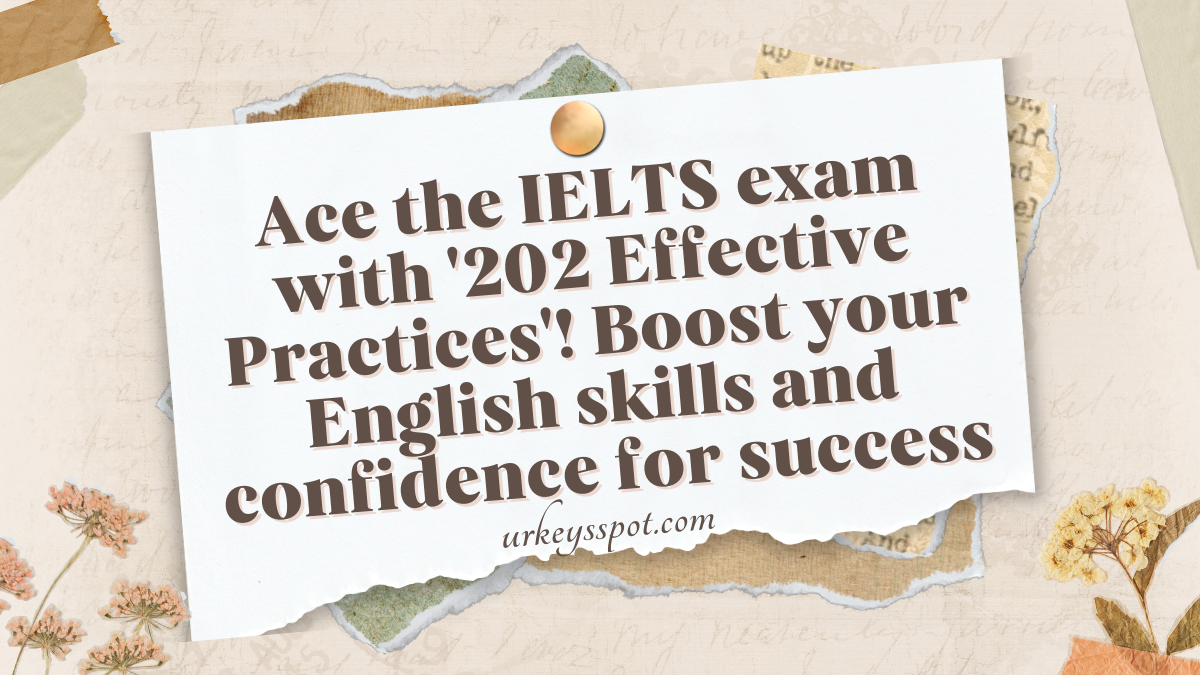Preparing for the International English Language Testing System (IELTS) exam can be a daunting task for many individuals aiming to pursue higher education or migrate to an English-speaking country. With the abundance of study materials available, it’s crucial to find resources that effectively cater to the specific requirements of the exam. One such resource gaining popularity among test-takers is the book titled “202 Useful Exercises for IELTS.”
Understanding the Structure of IELTS Exam

Before delving into the details of the book, it’s essential to grasp the structure of the IELTS exam. The test comprises four sections: Listening, Reading, Writing, and Speaking, each designed to evaluate different language skills of the candidates.
Listening Exercises
The listening section assesses the candidate’s ability to understand spoken English in various contexts. The book “202 Useful Exercises for IELTS” offers a wide range of listening exercises, including multiple-choice questions, gap-fill exercises, and sentence completion tasks. Additionally, it provides valuable tips and strategies for enhancing listening skills, such as active listening and note-taking techniques.
Reading Exercises
In the reading section, candidates are required to comprehend written passages and answer questions based on them. The book offers diverse reading exercises, including matching headings, True/False/Not Given, and summary completion tasks. Moreover, it equips students with effective reading strategies like skimming, scanning, and identifying key information.
Writing Exercises
The writing section evaluates the candidate’s ability to articulate ideas coherently and effectively in written form. “202 Useful Exercises for IELTS” presents various writing tasks, including essay writing, letter writing, and report writing exercises. It provides valuable guidance on structuring essays, generating ideas, and using appropriate vocabulary and grammar.
Speaking Exercises

The speaking section assesses the candidate’s ability to communicate orally in English. The book offers speaking exercises that simulate real-life situations, such as discussions, presentations, and role-plays. It also provides tips for improving pronunciation, fluency, and confidence in speaking.
How to Utilize the Book Effectively
To derive maximum benefit from “202 Useful Exercises for IELTS,” it’s essential to incorporate it into your study routine systematically. Allocate dedicated time each day to practice exercises from different sections of the book. Additionally, make use of the answer keys and explanations provided to track your progress and identify areas for improvement.
Benefits of Using “202 Useful Exercises for IELTS”

The book offers several advantages to IELTS aspirants:
- Comprehensive Coverage: It covers a wide range of exercises that encompass all four sections of the exam.
- Structured Approach: The exercises are organized systematically, allowing students to progress from basic to advanced levels gradually.
- Practical Tips: It provides practical tips and strategies for tackling each section of the exam effectively.
- Flexibility: Students can customize their study plan according to their individual learning needs and pace.
Success Stories and Testimonials
Many individuals have achieved remarkable success in the IELTS exam by using “202 Useful Exercises for IELTS” as part of their preparation. Testimonials from satisfied users attest to the book’s effectiveness in improving their English language skills and boosting their confidence for the exam.
Conclusion
In conclusion, “202 Useful Exercises for IELTS” serves as a valuable resource for individuals preparing for the IELTS exam. With its comprehensive coverage, practical exercises, and strategic guidance, it equips students with the necessary skills and confidence to ace the exam successfully.
FAQs (Frequently Asked Questions)
- Is “202 Useful Exercises for IELTS” suitable for all proficiency levels?
- Yes, the book caters to students of varying proficiency levels, offering exercises ranging from basic to advanced.
- Can I use this book for self-study, or is it recommended to have a tutor?
- While self-study is possible with this book, having guidance from a tutor can enhance the learning experience.
- Are the exercises in the book similar to those found in the actual IELTS exam?
- Yes, the exercises are designed to simulate the format and difficulty level of the IELTS exam.
- How long does it take to complete all the exercises in the book?
- The time required varies depending on individual study habits and proficiency levels. It’s advisable to pace oneself and focus on quality practice rather than rushing through the exercises.
- Are there any additional resources recommended to supplement the book?
- While the book is comprehensive on its own, supplementing it with authentic listening and reading materials can further enhance preparation

